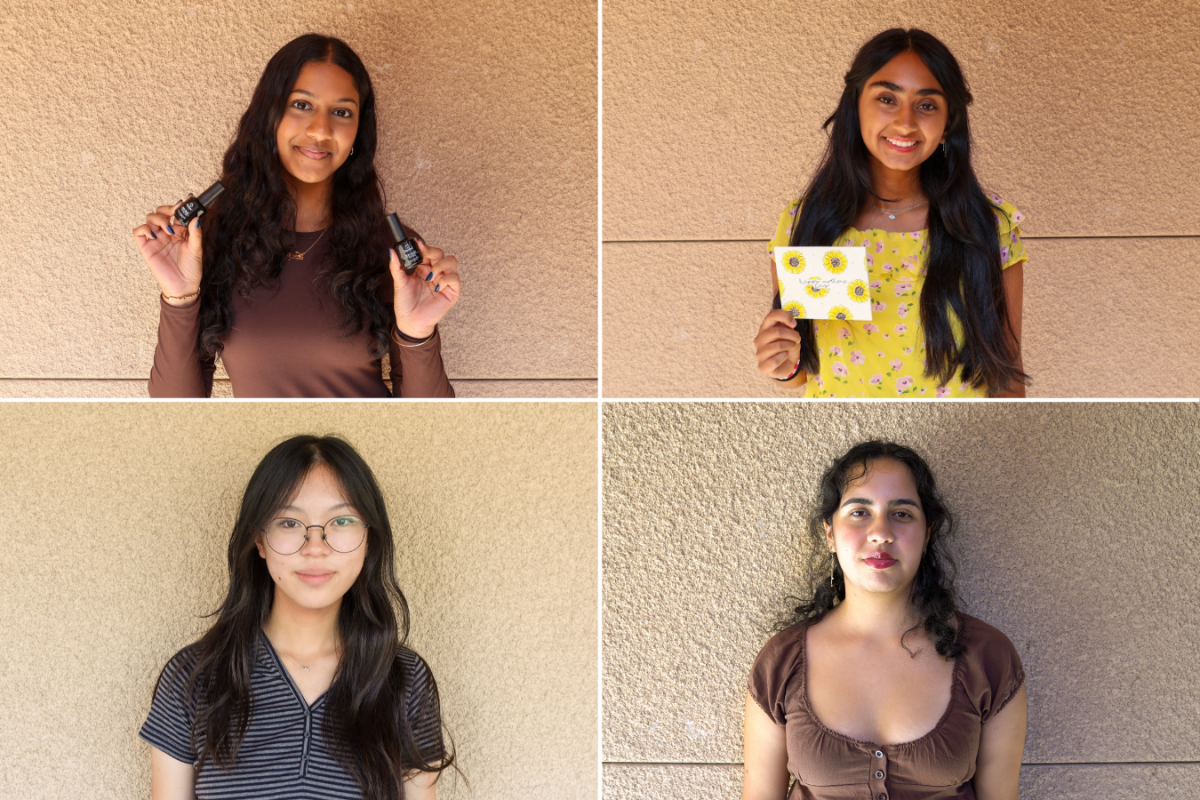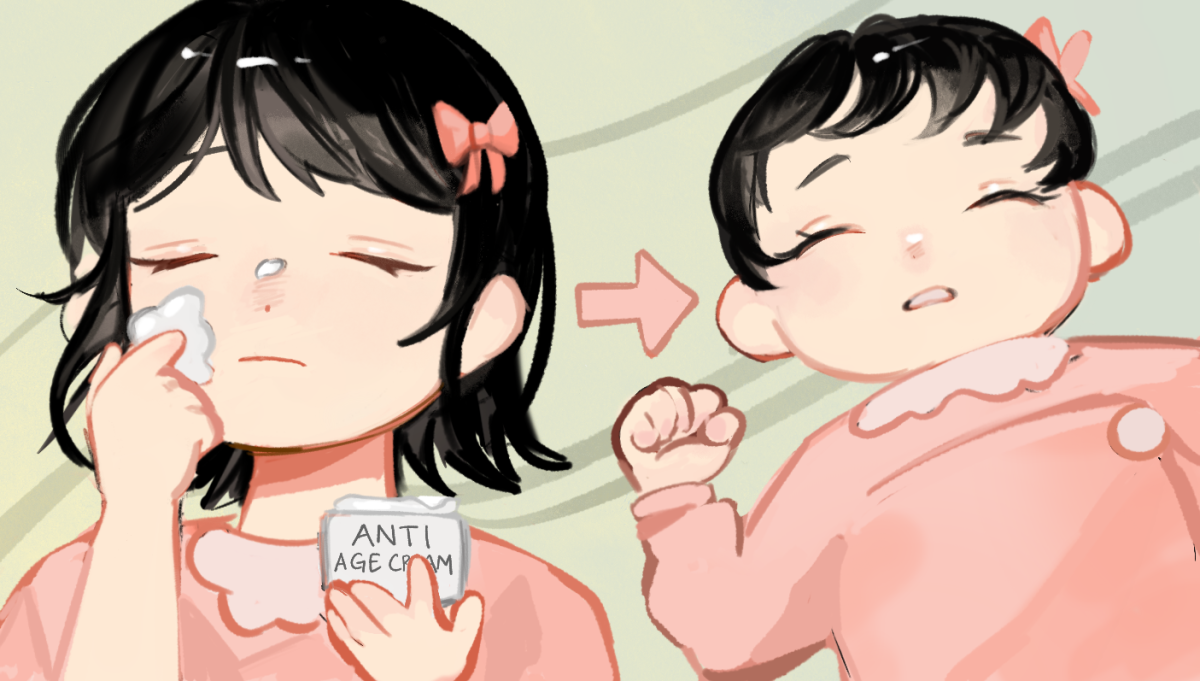As kids, we played imaginary games pretending to be witches and wizards, concocting potions from anything we could find around our houses. For the next generation, however, these “potions” have become mixtures of skincare products worth hundreds of dollars. This interest is not a result of imaginative creativity, but a harmful result of social media.
Sephora workers and customers have taken to social media to criticize the presence of “Sephora kids,” or children aged 5-12 who are overconsuming makeup and skincare products that are intended for adults.
With influencers primarily being adults and teenagers, young children are easily influenced to buy products such as luxury skincare made for mature or sensitive skin or harsh makeup products that they are too young for.
“My younger sister does seem to be growing too fast,” junior Erica Zoh said. “Out of nowhere, she’ll start talking about wanting things I wouldn’t think a 10-year-old would know about. I’m worried that, because kids’ development is progressing too fast, they’re not going to be able to have a childhood.”
According to a report from Wunderson Thompson Commerce, 55% of surveyed children between the ages of 6 and 16 indicated that they wanted to buy products that their favorite social media influencers were using or wearing. As makeup and skincare content creators gain traction online, young kids are being increasingly exposed to a mindset that justifies constantly purchasing every popular product they see online.
One major concern with this phenomenon is that children are using retinol, an anti-aging agent used in many viral products such as the popular skincare brand Drunk Elephant, which could damage kids’ youthful skin. The FDA has only approved it for ages 12 and up. Products like retinol target anti-aging, pressuring kids to fix skin problems they don’t have.
If the expectation for kids is to own every trending product, kids will be forced to grow out of their childhood as they try to fit in with the rest of their peers. Being able to engage in content they’re too young for kills their youthful innocence and curiosity about the world, making them obsessed over material items.
Parents and older siblings need to make a greater effort to monitor their kids’ social media and educate themselves on what products are suitable for their kids. Although online creators create hype around certain makeup and skincare, ultimately, parents must realize that influencers aren’t considering younger children when posting, so ultimately they are responsible for ensuring that their kid is engaging with age-appropriate content.





















































